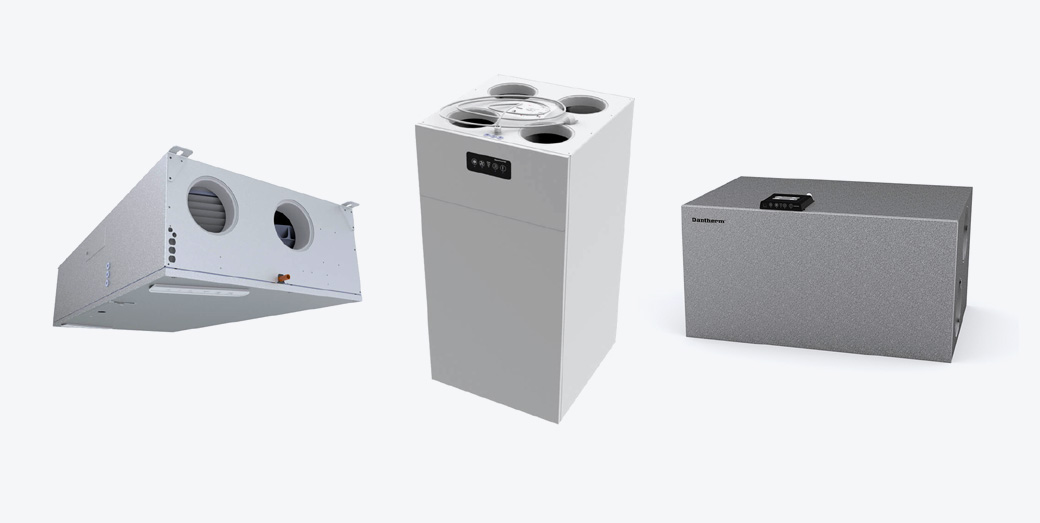The food we eat is as important as the air we breathe.
When faced with health conditions we tend to look at what we eat and how much we move but one factor we don’t account for, is the quality of the air we breathe. This article highlights the importance of good air quality in your home, not only to create ideal living conditions but to ensure your home isn’t making you ill.
The quality of air within your home or buildings you spend time in has a direct impact on your health. Indoor air pollution has been ranked as one of the top five environmental issues due to their associated health problems.
Common symptoms of poor air quality include:
- Respiratory problems
- Eye, nose and throat irritation
- Skin conditions
- Headaches
- Dizziness
- Fatigue
There are many primary causes of poor indoor air quality two of which this article touches on:
Biological Contaminants
Biological contamination generally refers to contamination of our food or environment with microorganisms. They include bacteria, viruses, animal dander (skin flakes), cat saliva, house dust mites, cockroaches and pollen. Excess moisture in the air provides the ideal breeding ground for molds, mildews, bacteria, insects and house dust mites. Many of these release disease-causing toxins that are breathed in on a daily basis.
Volatile Organic Compounds (VOCs)
“Volatile organic compounds (VOCs) are compounds that easily become vapours or gases. VOCs are released from burning fuel such as gasoline, wood, coal, or natural gas. They are also released from many consumer products such as; cigarettes and solvents.
Some of the most common VOCs include benzene, acetone, ethylene glycol, formaldehyde, methylene chloride, perchloroethylene, toluene, xylene, and 1,3-butadiene. They can be found in paints, solvents, upholstery fabrics, carpets and adhesives, varnishes, vinyl floors, cleaning chemicals, air fresheners, cosmetics, fuel oil, and moth balls. They can be produced by dry cleaning, cooking, smoking, using some non-electric space heaters, photocopying or printing, using wood burners, and from electronic devices, stored paints and chemicals. At any one time, there could be from 50 to hundreds of individual VOCs in the air”.
What can you do about this?
Regular household cleaning and a consistent supply of ventilation is required to remove and replace the toxic air. The rate at which your indoor air is replaced with outdoor air is described as the ‘air exchange rate’ and it stands to reason that your indoor pollutant levels are higher when the air exchange rate is low.
Particular caution of indoor air quality is needed for children, elderly members and those with breathing problems, allergies, skin conditions and lung diseases because they’re more vulnerable to the effects of this invisibly toxic air. The better your home is ventilated, the better quality your indoor air will be and the better your health will be.
Mechanical ventilation with heat recovery (MVHR)
Outdoor air isn’t always as fresh, clean and purified as we’d like, particularly if you live in a built-up, polluted area or if you live in the countryside and are affected by pollen. Plus, by opening the windows and doors to ventilate is a sure way of losing valuable heat energy and costing you more on your energy bills. Installing MVHR is a great solution for improving your indoor air quality and thus your health. Not only will it consistently extract excess moisture and toxins from your home but it will also filter the pollutants (including fumes and pollen) coming in from the outside air via G4 & F7 filters.

To discuss whether MVHR is right for your property contact us today:
Call: 0114 399 3910


